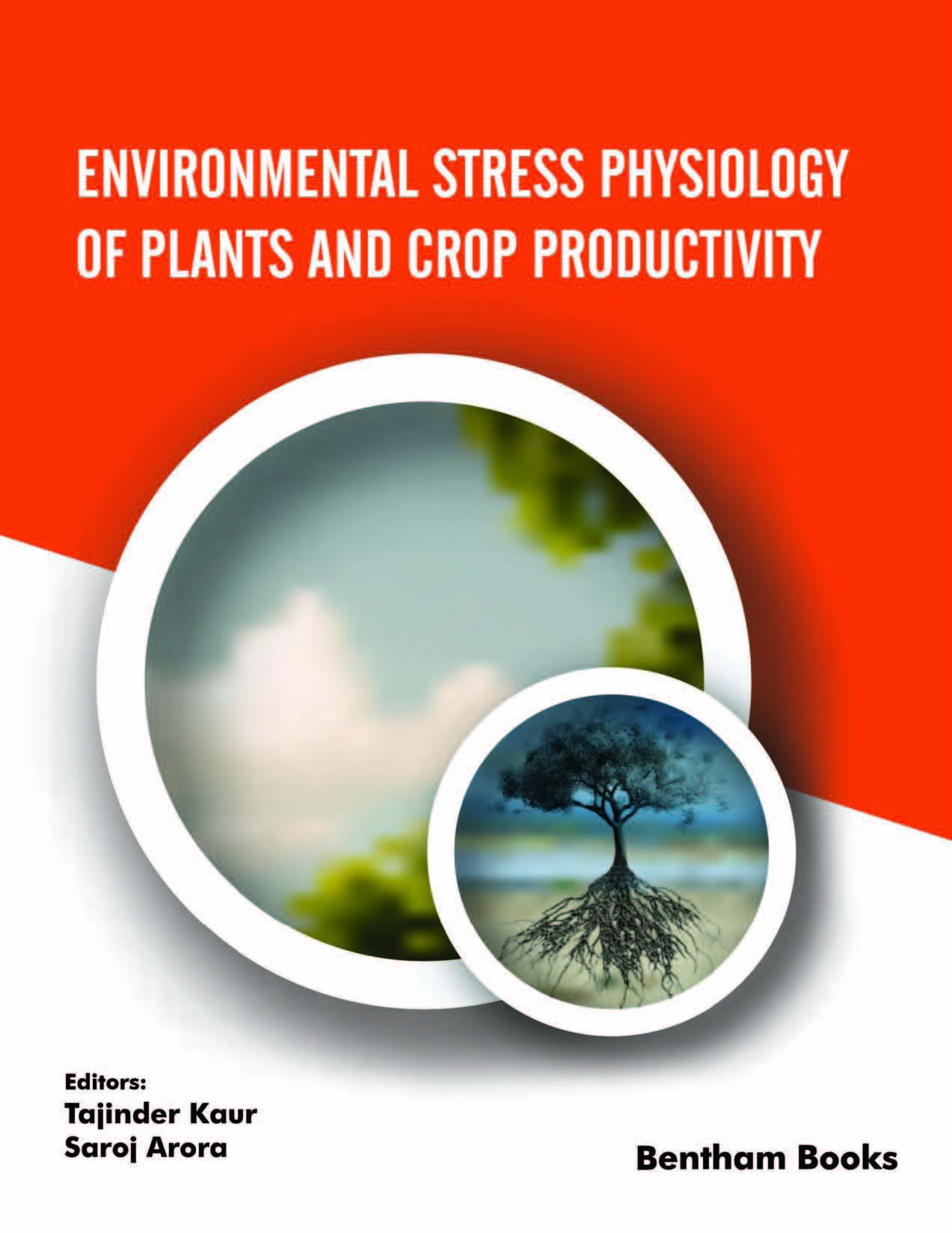Preface
The human population is increasing worldwide at a much faster rate and is expected to increase from ~7 billion to ~ 10 billion by the end of the year 2050. On the other hand, agricultural productivity is not increasing at the desired rate to feed all the people due to the negative impact of various environmental stresses. Stresses in plants include heat, cold, drought, flooding, salinity, radiations, heavy metal toxicity, and nutrient loss, limiting agricultural productivity. In the present scenario of global environmental change, increasing crop productivity and minimizing the losses in crop yield is a major concern for all nations to cope with increasing food requirements.
The present book “Environmental Stress Physiology of Plants and Crop Productivity” integrates a broad cross section of scientific knowledge and expertise about the mechanisms underlying plant responses against different environmental stressors. It is a timely contribution to a subject that is of eminent importance. Chapter one gives an overview of major abiotic stress factors affecting growth and development in plants. Chapter two and three focus on two major abiotic stressors, i.e., drought and salinity, that adversely affect crop productivity and quality. Chapter four covers factors responsible for temperature variations around the globe, plants’ response to temperature variations, and its impact on crop yield. Chapter five covers the effect of mineral deficiency on plant stress responses. Chapter six deals with the role of nitric oxide in providing tolerance to plants under salt stress. Chapter seven highlights the role of antioxidative defense system of plants in mitigating the harmful effects of excessive production of reactive oxygen species under various types of stress factors. Chapters eight and nine discuss the importance of melatonin and phenylpropanoid, respectively, in mitigating the adverse effects of abiotic stress in plants. Chapter ten comprehensively deals with the role of different plant growth regulators in abiotic stress tolerance. Chapter eleven present an overview of genomics, proteomics, and metabolic approaches, and twelve deals with the advent of new technologies like CRISPR gene technology to develop plant resistance against various environmental changes.
We express our thanks to all the contributors. We would like to thank Prof. (Dr) K. Muthuchelian for writing the foreword. Finally, it is a profound pleasure to thank Bentham Science for taking up the publication of this book. We hope that this book will provide current knowledge on abiotic stress in plants and will lead to new discussions and efforts to deal with various environmental stress factors.
Tajinder Kaur
Department of Agriculture
Sri Guru Granth Sahib World University, Fatehgarh Sahib
Punjab 140407, India
&
Saroj Arora
Department of Botanical
&
Environmental Sciences
Guru Nanak Dev University, Amritsar
Punjab 143005, India

